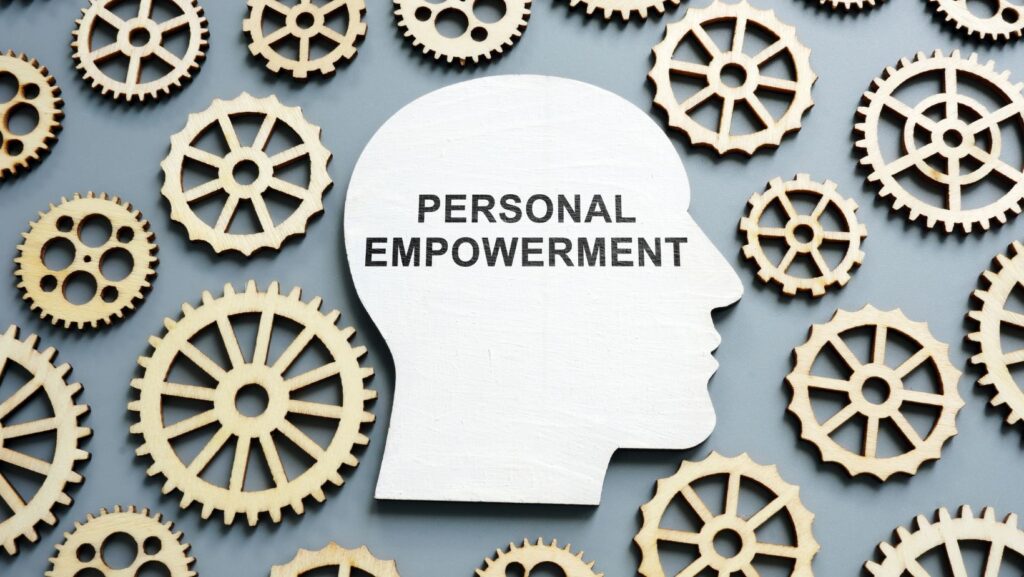Personal Empowerment
Personal empowerment refers to the process of gaining control over one’s life, making informed decisions, and taking positive action to achieve one’s goals. It involves recognizing one’s strengths, abilities, and worth, leading to increased self-confidence and self-reliance. Personal empowerment is about having the courage to assert oneself, setting boundaries, and advocating for one’s needs and desires in various aspects of life.
Feeling empowered is crucial for one’s overall well-being and success. It contributes to a sense of autonomy, allowing individuals to navigate challenges more effectively and make choices that align with their values and aspirations. When individuals feel empowered, they are more likely to take proactive steps towards personal growth, establish healthy relationships, and pursue meaningful goals with conviction. Empowerment fosters resilience, enabling individuals to bounce back from setbacks and obstacles with strength and determination.
The Components of Personal Empowerment
Self-Awareness and Self-Confidence
Empowerment involves understanding oneself and recognizing strengths and weaknesses. It is about being in tune with one’s emotions, thoughts, and behaviors. Self-awareness leads to a deeper understanding of personal values and beliefs, enabling individuals to make decisions aligned with their authentic selves. It fosters self-confidence, allowing individuals to trust their abilities and judgments.
Autonomy and the Ability to Make Choices
Autonomy is the freedom to act independently, making decisions based on personal values and beliefs. It empowers individuals to take control of their lives and make choices that resonate with their goals and aspirations. Having autonomy instills a sense of responsibility and ownership over one’s actions, leading to a fulfilling and purpose-driven life. The ability to make choices without external influence is a fundamental aspect of personal empowerment.
Physical and Mental Health
Health significantly affects personal empowerment by providing the physical and mental capacity needed to pursue goals, face challenges, and maintain resilience. According to Dental Melbourne FL, good health boosts energy levels, enhances cognitive function, and improves mood, all of which contribute to a stronger sense of self-efficacy and confidence. When individuals feel physically strong and mentally clear, they are better equipped to make decisions, take action, and sustain motivation. Conversely, poor health can lead to fatigue, stress, and decreased motivation, hindering one’s ability to achieve personal and professional aspirations. Therefore, maintaining good health is fundamental to empowering oneself and maximizing potential.
Strategies for Enhancing Personal Empowerment

Empowerment thrives on clear objectives. Defining specific and measurable goals provides a roadmap for personal growth. By outlining achievable targets, individuals can track progress, stay motivated, and celebrate accomplishments. When one sets small milestones leading to larger achievements, it instills a sense of competence and self-efficacy. For instance, aiming to read a book a month, learn a new skill quarterly, or save a certain amount each week can cultivate a habit of achievement and boost confidence in one’s capabilities.
Creating a supportive circle is essential for personal empowerment. Surrounding oneself with individuals who uplift, encourage, and offer constructive feedback fosters a positive environment for growth. A strong support system provides emotional backing during challenges and celebrates successes, reinforcing a sense of belonging and value. Whether it’s family, friends, mentors, or like-minded peers, having a network that shares similar values and aspirations can fuel motivation, provide different perspectives, and enhance overall well-being. Investing in relationships that nurture personal development is a cornerstone of self-empowerment.
Overcoming Obstacles to Empowerment

Empowerment often requires individuals to confront internal barriers that hinder their progress. These barriers can manifest as self-doubt, limiting beliefs, or fears that hold individuals back from realizing their full potential. By recognizing these internal obstacles, individuals can actively work towards overcoming them. Self-awareness plays a crucial role in identifying these barriers, enabling individuals to challenge their thoughts and beliefs to foster personal growth and empowerment. Acknowledging and addressing internal barriers is a significant step towards building resilience and empowering oneself to pursue goals with confidence.
In addition to internal barriers, individuals may encounter external challenges that impede their journey towards empowerment. External challenges can come in various forms, such as societal norms, cultural expectations, or unfavorable circumstances. It is essential to approach external challenges with a proactive mindset, seeking solutions and strategies to navigate through obstacles effectively.
Personal empowerment is a journey that begins with self-awareness and setting boundaries aligned with values and goals. Autonomy, informed decision-making, and taking positive action are vital for enhancing self-reliance. Strategies such as goal-setting and building a supportive network play a crucial role in this process. Measuring personal empowerment involves assessing indicators like self-confidence, goal attainment, and problem-solving skills. Recognizing achievements, behavioral shifts, and seeking feedback are key steps in evaluating personal growth.
